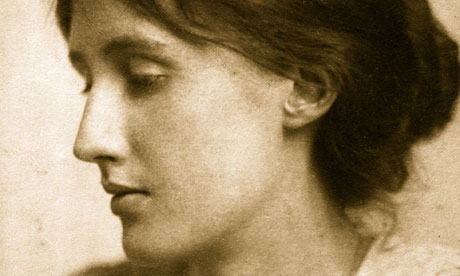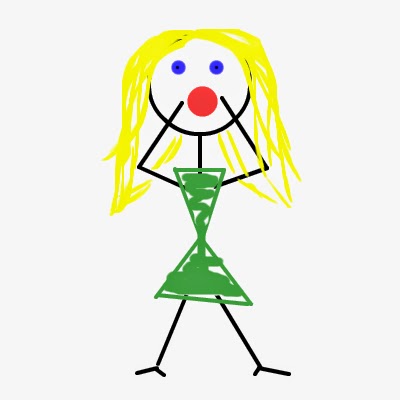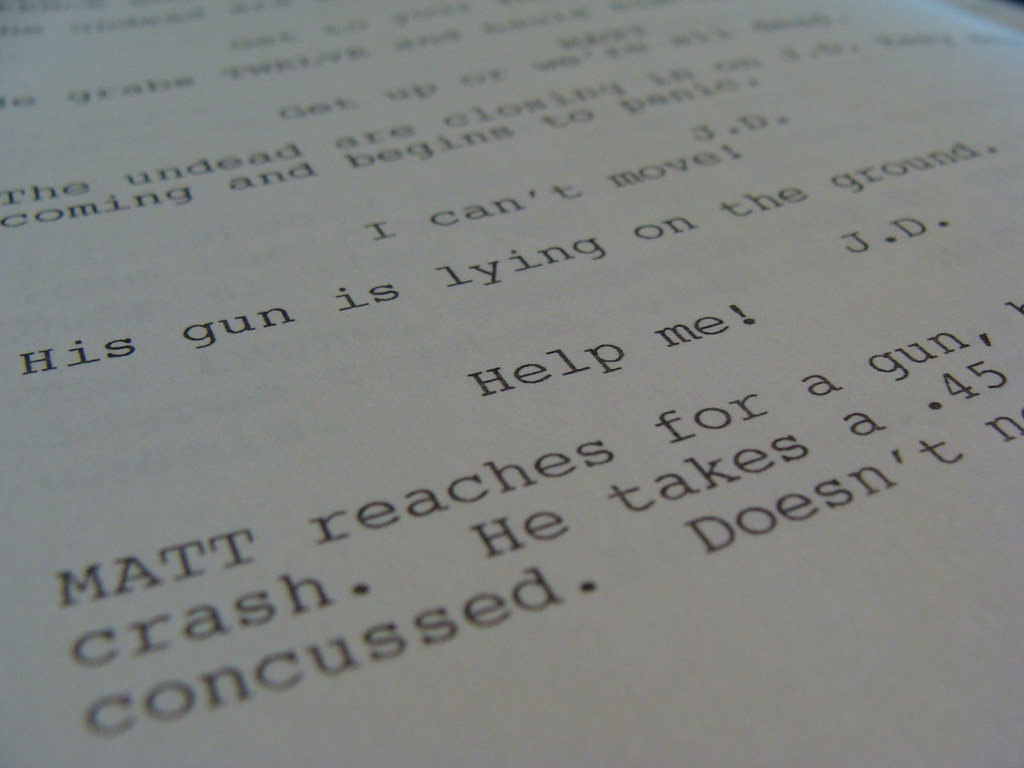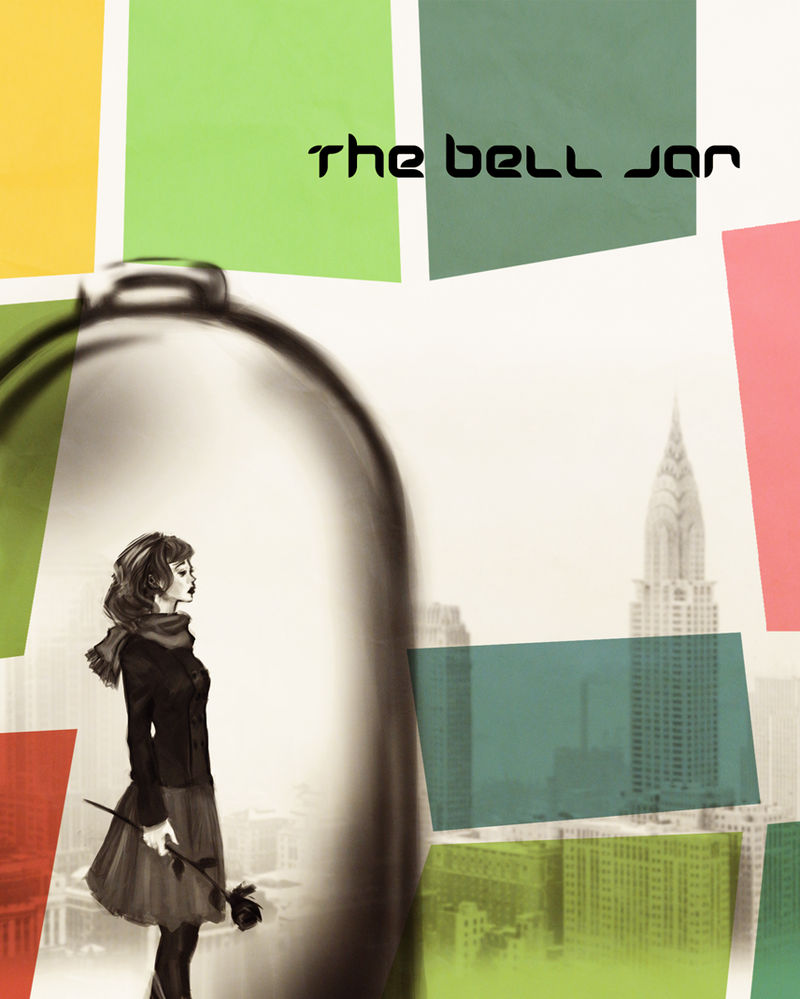There are some books that feel impossible to put down. You can’t stop turning pages. You keep on reading because you’ve got to find out what happens next. These are the books that readers remember. These are the type so books you want to write. And there’s a trick you can use it make it happen: the mini-cliffhanger.
Hanging By a Moment With You
Lots of readers hate cliffhanger endings in a book, but you can put all sorts of mini-cliffhangers in your book and still wrap things up neatly at the end. If you want to keep your readers turning the pages, put your cliffhangers where they belong: at the end of chapters.
Hanging By a Moment With You
Lots of readers hate cliffhanger endings in a book, but you can put all sorts of mini-cliffhangers in your book and still wrap things up neatly at the end. If you want to keep your readers turning the pages, put your cliffhangers where they belong: at the end of chapters.

































































